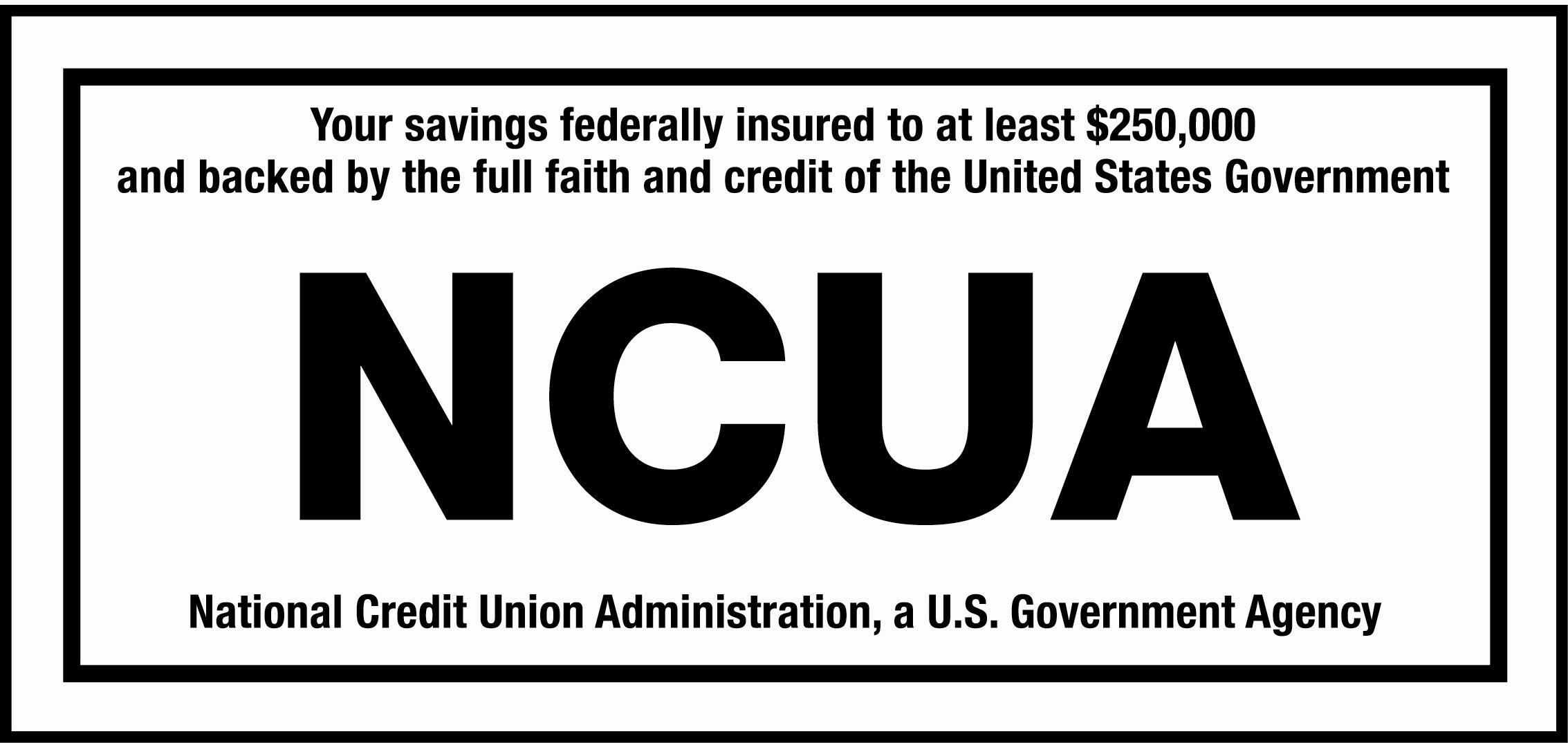Don’t Get Caught in a Weight-Loss Scam!

January is prime time to get into shape.
This year in particular, many Americans are struggling to shed the “quarantine 15,” or the pounds packed on during those months when life happened mostly over Zoom.
Unfortunately, scammers know this and are out in full force. Here’s what you need to know about weight-loss scams and avoiding them.
1. Gym scams
The BBB urges consumers to take the following precautions before signing up for a gym membership:
- Check the gym on BBB.org to see what previous customers have to say.
- Ask for a free trial to see what the gym is like before signing a contract.
- Don’t feel pressured into signing a contract. A reputable gym will grant you the time to review the contract.
- Calculate the true cost of a membership. Can you really afford it after an intro period expires?
- Understand the terms of the contract. If anything is unclear, ask a salesperson to explain it.
- Find out the gym’s cancellation policy.
Despite your best efforts, you may end up getting scammed by the gym. Perhaps the terms of your contract were ambiguous or the gym tacked on extra “maintenance fees” without being up front about it when the contract was signed.
If your gym fails to reimburse you for what you believe was a falsely advertised contract, it may be worthwhile to pursue legal action. You can also file a complaint with the BBB at BBB.org.
2. Weight-loss product scams
Scammy weight-loss products can be ridiculously overpriced, may contain harmful or unregulated drugs or may offer a free trial that comes with hidden charges.
Here’s how to spot a weight-loss product scam:
- Advertised products sound too good to be true, touted as “revolutionary” or a “miracle breakthrough.”
- Product promises a specific amount of weight loss in a specific amount of time.
- A search of the company on the BBB website brings up reports of scams.
- As a general rule, it’s a good idea not to trust weight-loss products offering results without requiring you to change your eating habits or lifestyle. In addition, the FTC cautions that weight-loss body wraps, patches, creams, lotions or gadgets are always scams.
Keep your money safe from weight-loss scams!



